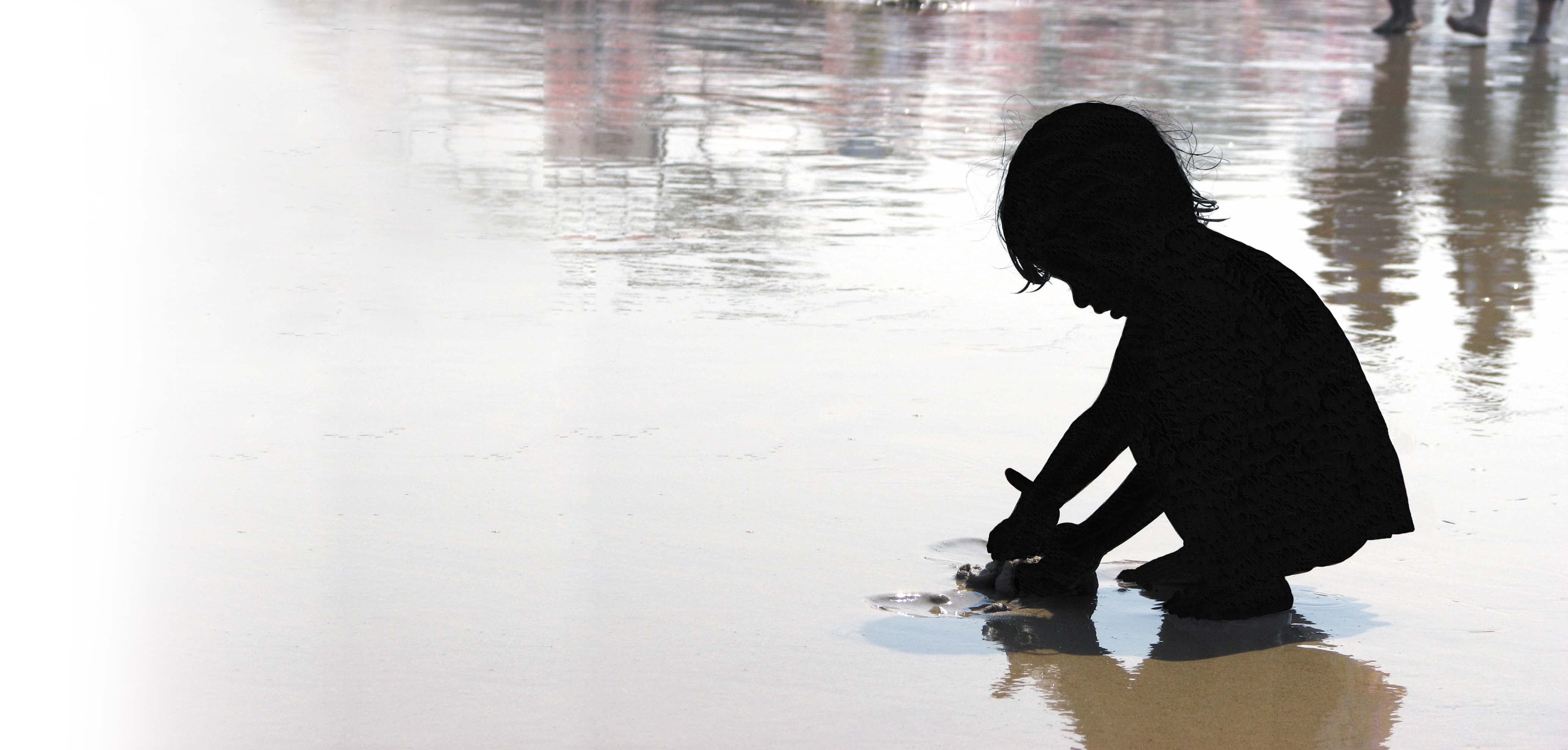Bad water kills more children than war

One of the best illustrations of the divide between rich and poor nations is the designation of 2008 as the International Year of Sanitation by the United Nations General Assembly.
The international year aims to highlight the need for urgent action on behalf of the more than 40% of the world’s population who continue to live without improved sanitation.
Lack of proper sanitation contributes to the deaths of thousands of men, women and children every day from largely preventable causes, including diarrhoeal diseases.
Though more than 1.2 billion people worldwide gained access to improved sanitation between 1990 and 2004, an estimated 2.6 billion people – including 980 million children – have yet to be reached. This is one of the single biggest development challenges facing the world.
The International Year of Sanitation 2008 was established to accelerate progress towards meeting the Millennium Development Goal of reducing by half the proportion of people living without access to improved sanitation by 2015. In addition, progress on sanitation will contribute to the achievement of all the Millennium Development Goals.
Improved sanitation includes clean, safe toilets, wastewater management and hygiene promotion, all of which prevent the transfer of pathogens in human excreta. When not treated safely, these elements adversely affect health, often depriving children of an education, and impede social and economic development.
The absence of improved sanitation in schools is an underlying factor in absenteeism and poor classroom performance due to illness, low enrolment and early dropout from school, especially for girls whose parents may remove them from the education system when they start menstruating.
Lack of toilets exposes women and girls to violence and abuse, as some females are able to defecate only after nightfall and in secluded areas. Proper sanitation, including hand-washing with soap, averts the spread of diarrhoeal disease, which is the second biggest killer of children under five.
Improving sanitation leads to improved health, dignity, and social and economic development, protects the environment and helps people break the cycle of poverty.
The year will include major regional conferences on sanitation to share best practices and help accelerate progress, including those that focus on school sanitation. It will also help encourage public and private partnerships to help tap
into the comparative strengths of each sector, advocate and raise awareness on sanitation, gain additional funding and develop country-level plans of action.
Additionally, many activities and events were planned inside and outside the UN system surrounding Sanitation and Hygiene Week (15-21 March) and World Water Day (22 March). One such event was UN Water’s observance of World Water Day (this year to be celebrated as World Sanitation Day), which took place in Geneva on 14 March and was co-organized by UNICEF, the World Health Organization and the Water Supply and Sanitation Collaborative Council.
We tend to forget how similar sanitation difficulties were overcome in 19th century London.
In a recent article in The Guardian by economics editor Larry Elliott, he noted how Charles Dickens would have felt at home in the streets of today’s Dhaka.
As in Victorian times, the shanty towns of Bangladesh’s capital reek of excrement dropped from makeshift hanging toilets perched precariously on bamboo stilts a couple of meters above the mire.
However, as Elliott so rightly points out, sanitation is such a low priority that when the UN drew up its original list of Millennium Development Goals to be achieved by 2015, what did not feature was the goal of ensuring that children of slum dwellers in Dhaka could go to the toilet without endangering their lives.
In the west we take clean water and sanitation for granted. Supplying septic tanks and u-bends to Third World countries has never had the emotional appeal of helping starving babies, HIV/Aids patients and children desperate to go to school.
Let us hope that this 2008 focus on sanitation makes some real advances on situations such as that in Dhaka – though there are cities and countries in equally bad shape the world over.
